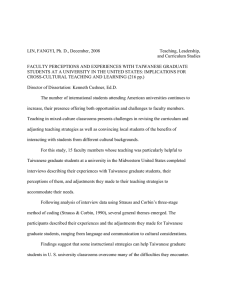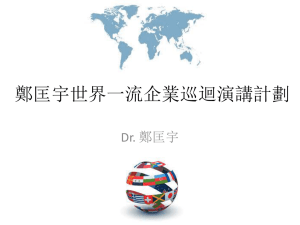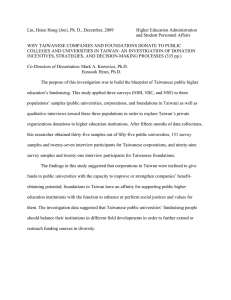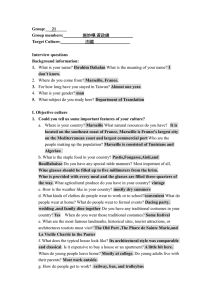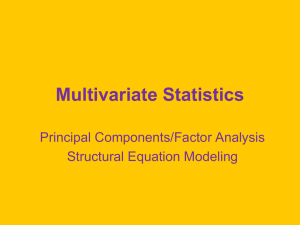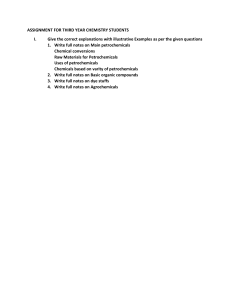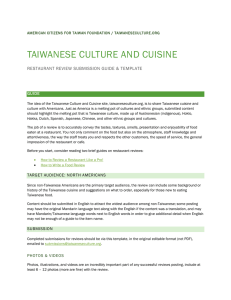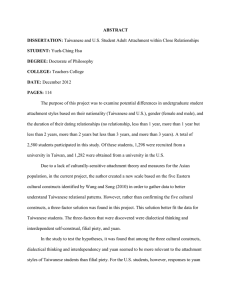Anything Except a Poem: Literary Creation and Ecological
advertisement
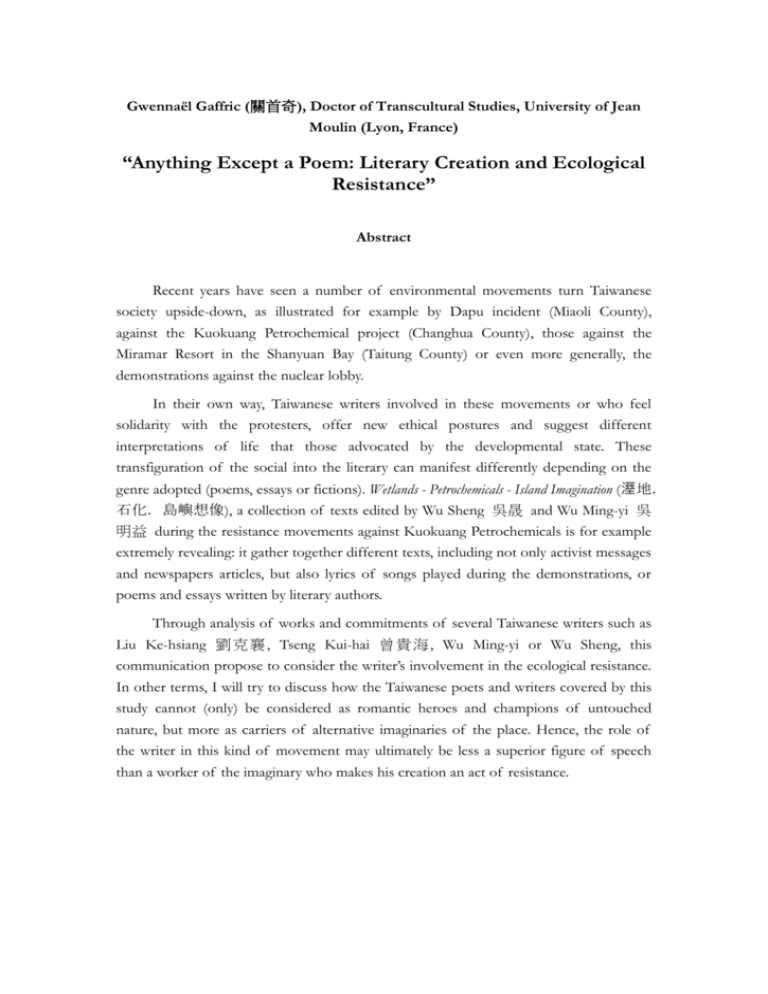
Gwennaël Gaffric (關首奇), Doctor of Transcultural Studies, University of Jean Moulin (Lyon, France) “Anything Except a Poem: Literary Creation and Ecological Resistance” Abstract Recent years have seen a number of environmental movements turn Taiwanese society upside-down, as illustrated for example by Dapu incident (Miaoli County), against the Kuokuang Petrochemical project (Changhua County), those against the Miramar Resort in the Shanyuan Bay (Taitung County) or even more generally, the demonstrations against the nuclear lobby. In their own way, Taiwanese writers involved in these movements or who feel solidarity with the protesters, offer new ethical postures and suggest different interpretations of life that those advocated by the developmental state. These transfiguration of the social into the literary can manifest differently depending on the genre adopted (poems, essays or fictions). Wetlands - Petrochemicals - Island Imagination (溼地. 石化.島嶼想像), a collection of texts edited by Wu Sheng 吳晟 and Wu Ming-yi 吳 明益 during the resistance movements against Kuokuang Petrochemicals is for example extremely revealing: it gather together different texts, including not only activist messages and newspapers articles, but also lyrics of songs played during the demonstrations, or poems and essays written by literary authors. Through analysis of works and commitments of several Taiwanese writers such as Liu Ke-hsiang 劉 克襄 , Tseng Kui-hai 曾貴海 , Wu Ming-yi or Wu Sheng, this communication propose to consider the writer’s involvement in the ecological resistance. In other terms, I will try to discuss how the Taiwanese poets and writers covered by this study cannot (only) be considered as romantic heroes and champions of untouched nature, but more as carriers of alternative imaginaries of the place. Hence, the role of the writer in this kind of movement may ultimately be less a superior figure of speech than a worker of the imaginary who makes his creation an act of resistance.

